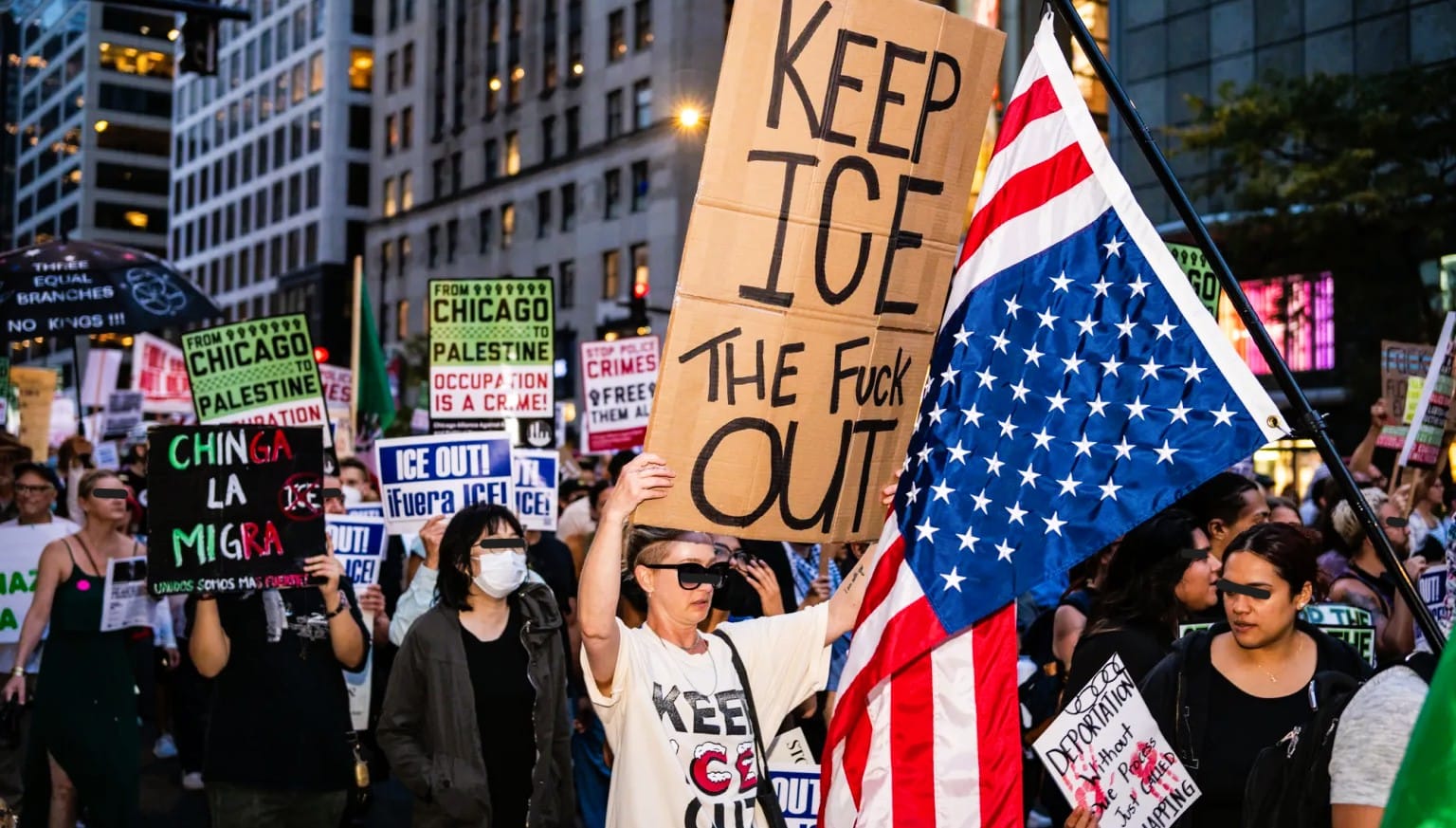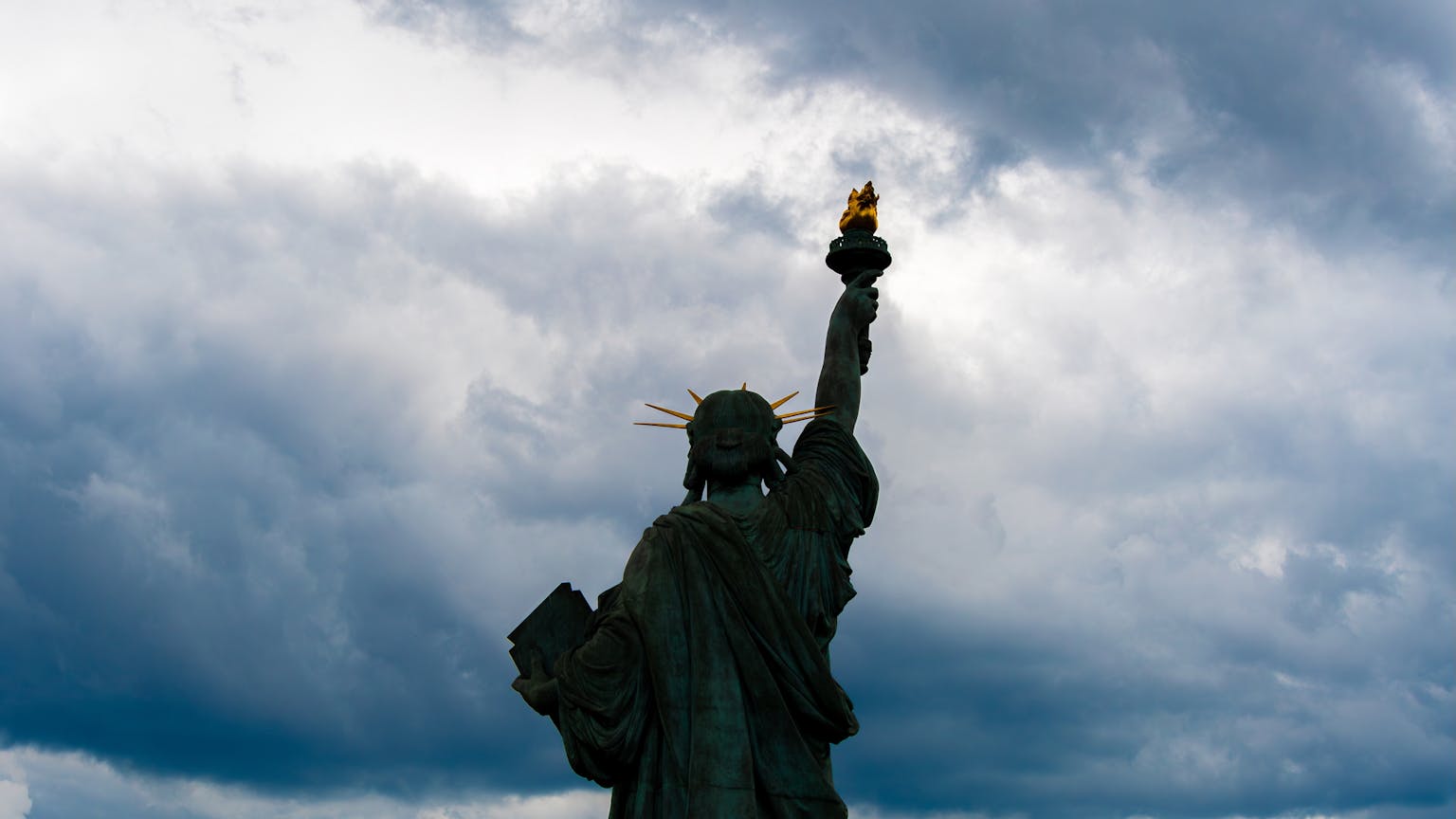Recent-ish Reads, October 7, 2025
This link roundup touches on AI, shame (complimentary), political line-drawing, and dirt. Enjoy!

I want to start out by acknowledging the U.S. government ramping up its anti-reality authoritarian terror campaign against We, the People, especially in my home cities of Washington D.C. and Chicago. It becomes more important by the day to ground ourselves in our relational reality and to cultivate the understandings it provides that the future is never fully set, and that we have bounded but powerful agency to push it in a regenerative direction. Let's also not fail to recognize the countervailing increases in the anti-fascist opposition's size, unity, and organization. Those matter too. One important way to reinforce the latter trends is to attend your local No Kings event on Saturday, October 18.

With that, here are some relevant and interesting written works from recent weeks.
First up, we have a satisfying fisking of a new and immoderately titled book on AI, If Anyone Builds It, Everyone Dies, 🙄 by the old proprietor of the wrongly-named LessWrong community, Eliezer Yudkowski. (Again, to actually get things less wrong, you have to first understand things' process-relational nature, which is in many respects the opposite of these weirdos' approach.) (Archive link)

Next, Olúfẹ́mi O. Táíwò addresses the importance of boundary-drawing and -maintaining, including through the judicious use of shame, for enabling regenerative coexistence. I linked this in my last post but since the link was a bit hidden, and Táíwò is one of our best and most accessible political philosophers taking on some of our most important and urgent political questions here, I'm uplifting the piece again.
https://www.bostonreview.net/articles/how-can-we-live-together/
Both Táíwò's piece and this one were partly sparked by the recent burst of publicity for political commentator Ezra Klein and his insistence that non-fascists must prioritize bridging with MAGAts and other fascists over holding the line in defense of trans folks, immigrants, and others in our broader coalition. Klein's impulse for regenerating relationality may be well intentioned, but it is misdirected: multiracial democracy and pluralistic tolerance cannot tolerate the destruction of their own conditions for existence. Fascists thus cannot be invited to define what is acceptable and who gets to draw the line, because we know they will accept the unacceptable and exclude anyone but themselves from the social, moral, and ontological line-drawing. Historian Thomas Zimmer expands on these process-relational points eloquently and insightfully.

Last but not least, a cheery piece on leveraging multispecies process-relationality to solve entangled problems.

I've mostly been reading Reimagining Peace through Process Philosophy: An Integrative Transformation to Address the Global Systemic Crisis by Juliet Bennett (2025, Springer Nature). It's basically the inaccessibly academic textbook version of this blog, which, not gonna lie, is incredibly validating for me. I'm just getting to the chapter on transcending the tired left-right political axis without sacrificing values. Besides being tailored for an academic audience, the book has some subtle and interesting differences with how I present process-relational metaphysics here as a transformative problem-solving tool, which I'll put in a book review post eventually.
Have a good one, y'all.


